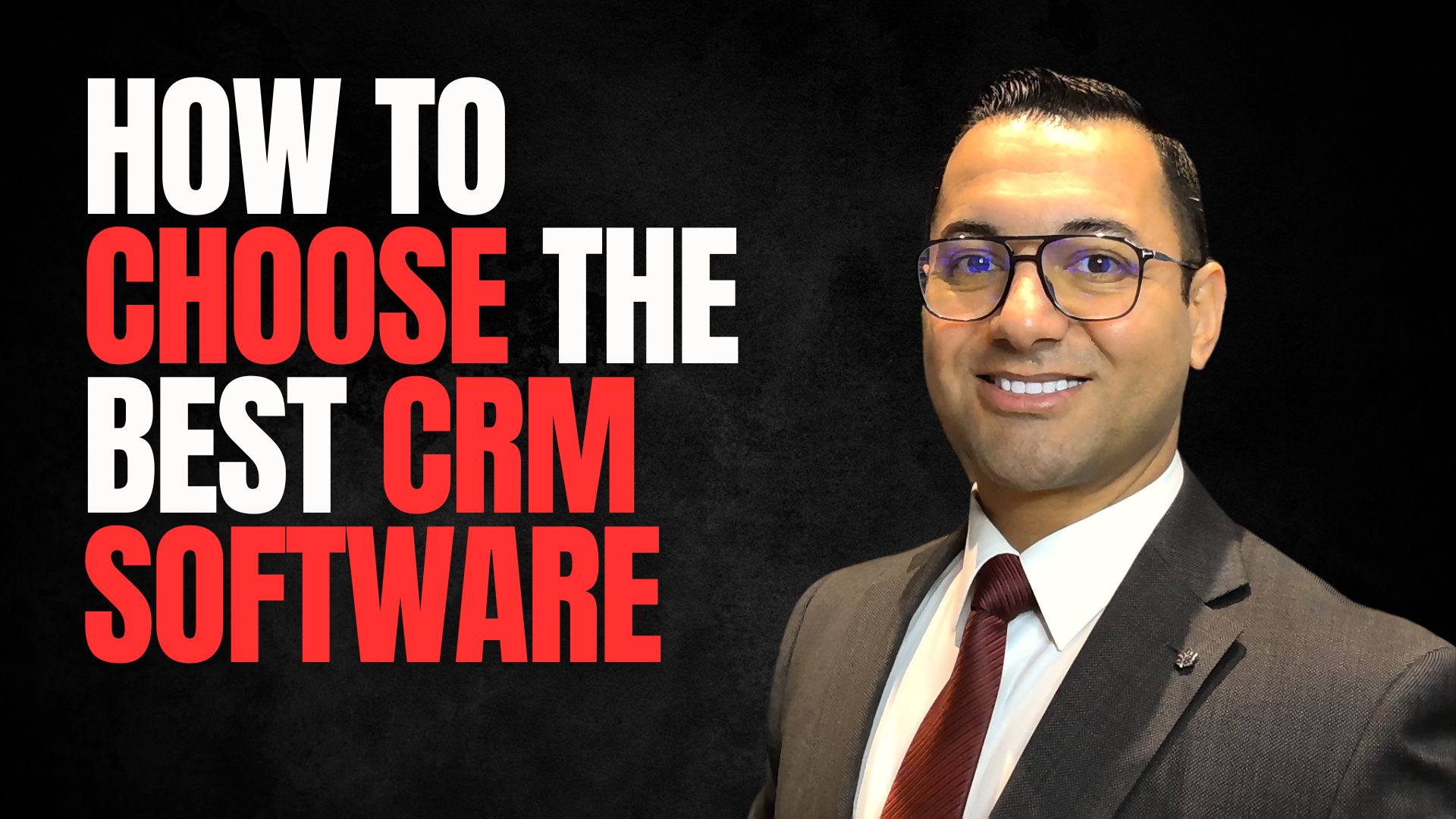Table of Contents
Introduction
Choosing the right Customer Relationship Management (CRM) system is crucial for the success of any sales team. A well-selected CRM can streamline processes, enhance communication, and ultimately drive sales growth. This document outlines key considerations and features to look for when selecting a CRM that best fits your sales team’s needs, along with examples of world-class CRMs used by top businesses worldwide.
Understanding Your Sales Team’s Needs
Before diving into CRM options, it’s essential to assess your sales team’s specific requirements. Consider the following questions:
- What are the primary goals of your sales team?
- What challenges are currently faced in managing customer relationships?
- How does your team prefer to communicate and collaborate?
- What tools and software are already in use, and how can a CRM integrate with them?
- How tech-savvy is your team, and how much training will they require to adopt a new CRM?
Key Features to Look For
When evaluating CRM systems, keep an eye out for the following features:
1. User-Friendly Interface
A CRM should be intuitive and easy to navigate. A complicated system can lead to frustration and decreased productivity among team members. Look for systems with a clean design, logical workflow, and easy accessibility.
2. Customization Options
Every sales team is unique. Look for a CRM that allows customization to fit your specific workflows, sales processes, and reporting needs. Custom fields, automated workflows, and personalized dashboards can significantly enhance efficiency.
3. Integration Capabilities
Ensure that the CRM can integrate seamlessly with other tools your team uses, such as email platforms, marketing automation software, and project management tools. Integration with tools like Slack, Microsoft Teams, and accounting software like QuickBooks can enhance collaboration and efficiency.
4. Mobile Accessibility
In today’s fast-paced environment, having mobile access to your CRM is essential. A mobile-friendly CRM allows your sales team to update information, track leads, and access customer data on the go, ensuring they never miss an opportunity.
5. Reporting and Analytics
A robust CRM should provide detailed reporting and analytics features. This will help your team track performance, identify trends, and make data-driven decisions. Look for dashboards with real-time updates and customizable reports.
6. Automation Features
Look for CRMs that offer automation capabilities for repetitive tasks, such as follow-up emails and lead scoring. This can save time and allow your team to focus on closing deals rather than administrative work.
7. Customer Support
Reliable customer support is vital, especially during the initial setup and training phases. Ensure that the CRM provider offers comprehensive support options, including live chat, phone support, and online documentation.
World-Class CRMs Used by Leading Companies
Here are some of the most well-known and highly rated CRMs that businesses around the world rely on:
1. Salesforce
Best for: Large enterprises and businesses with complex sales processes.
Salesforce is one of the most popular and comprehensive CRMs, offering powerful features such as AI-driven insights, extensive customization, and automation. It’s used by companies like Amazon, Toyota, and American Express.
2. HubSpot CRM
Best for: Small to medium-sized businesses and startups.
HubSpot CRM is known for its ease of use and free-tier offering, making it ideal for growing businesses. It provides essential CRM functionalities, marketing automation, and integration with email marketing tools.
3. Zoho CRM
Best for: Businesses looking for an affordable and customizable solution.
Zoho CRM is highly flexible and comes with advanced automation, AI-powered sales predictions, and multichannel communication features. It’s widely used by companies of all sizes.
4. Microsoft Dynamics 365
Best for: Organizations already using Microsoft products.
Microsoft Dynamics 365 integrates seamlessly with Office 365 and provides AI-driven insights, making it ideal for businesses that rely on Microsoft tools for their operations.
5. Pipedrive
Best for: Sales-driven teams needing a simple and visual CRM.
Pipedrive focuses on pipeline management and offers an easy-to-use interface that allows sales teams to track deals efficiently. It’s great for businesses that want a straightforward CRM without unnecessary complexity.
6. Monday Sales CRM
Best for: Teams looking for a highly visual and customizable CRM.
Monday.com offers a sales-focused CRM with workflow automation, integration options, and an intuitive dashboard. It’s ideal for businesses that need a flexible yet powerful CRM.
7. Freshsales by Freshworks
Best for: Companies needing AI-powered lead scoring and customer engagement tools.
Freshsales offers built-in phone and email features, along with AI-driven insights to help sales teams prioritize leads effectively.
Budget Considerations
While it’s tempting to go for the most feature-rich CRM, it’s important to consider your budget. Evaluate the total cost of ownership, including:
- Subscription fees
- Implementation costs
- Additional expenses for training and support
- Costs for add-ons and integrations
Many CRMs offer tiered pricing, so businesses can choose a plan that best fits their needs and scale as they grow.
Trial and Feedback
Most CRM providers offer free trials. Take advantage of these to test the system with your sales team. Gather feedback from users to ensure that the chosen CRM meets their needs and enhances their productivity. Focus on ease of use, feature accessibility, and how well it integrates with your existing tools.
Conclusion
Selecting the right CRM for your sales team is a significant decision that can impact your organization’s success. By understanding your team’s needs, focusing on key features, considering budget constraints, and involving your team in the selection process, you can make an informed choice that drives sales performance and fosters better customer relationships.
Investing in a CRM that aligns with your sales processes will not only improve efficiency but also lead to better customer interactions and higher revenue growth. Take your time to explore different options, test them, and choose a CRM that helps your sales team thrive.
